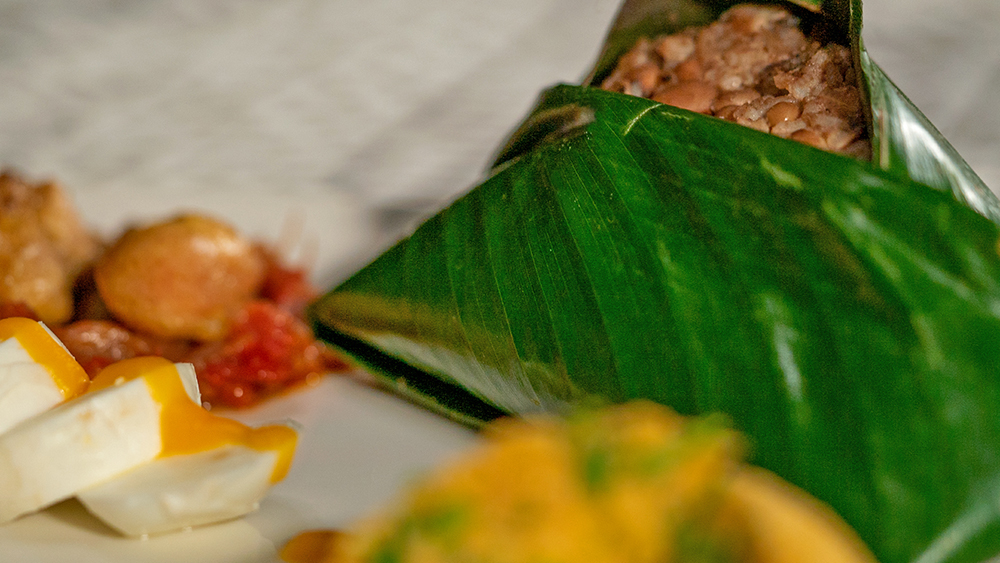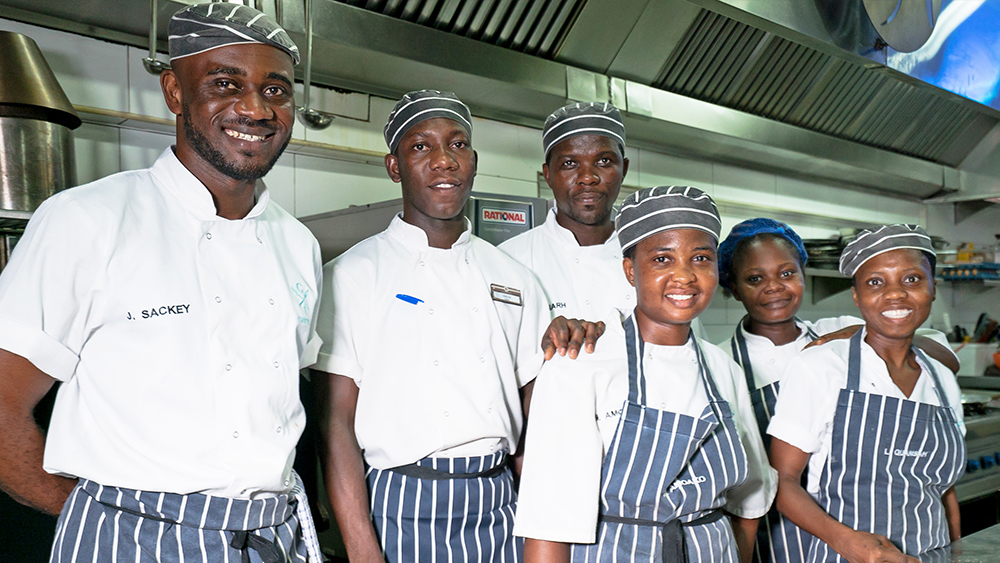Free range and fresh in Zaina’s kitchen
Buna dabo naw, Coffee is our bread!
It’s believed the word ‘coffee’ derives from ‘Kaffa’, the name of a place in the South- western Ethiopian highlands, where coffee was first discovered where popular legend centres around the goat herder from Kaffa who first discovered the bright red berries of the Coffea Arabica plant, after noticing its effects on his goats.
Coffee production in Africa dates back centuries and Ethiopia is one of the world’s largest producers of coffee and Ethiopians consume more than half of their own production.
Ethiopian coffee is amongst the finest in the world with premium washed Arabica beans fetching some of the world market’s highest prices.
The traditional coffee ceremony is a central part of Ethiopian life and an important example of Ethiopian hospitality where value and time is given to conversation.

The ceremony is usually conducted by a woman, dressed in the traditional Ethiopian costume of a white dress who arranges ceremonial apparatus upon a bed of long scented grasses and starts by roasting the coffee beans in a flat pan over a tiny charcoal stove, the smell of incense and coffee rising through the air. A handful of the blackened beans are then ground by a pestle and mortar, coaxing the aromatic oil out of them and the ground coffee is slowly stirred into the black clay coffee pot or ‘jebena’.
It takes experience and years of practice to achieve the uninterrrupted, graceful pouring of thin golden streams of coffee into each tiny cup from a height of one foot but it makes this half- hour long Ethiopian homage all the more beautiful to behold.
When the coffee is ready to be served the youngest child makes the announcement and serves a cup of coffee first to the eldest in the room and then to the others, connecting the generations. And where everyone enjoys”Buna dabo naw”, “Coffee is our bread!”





